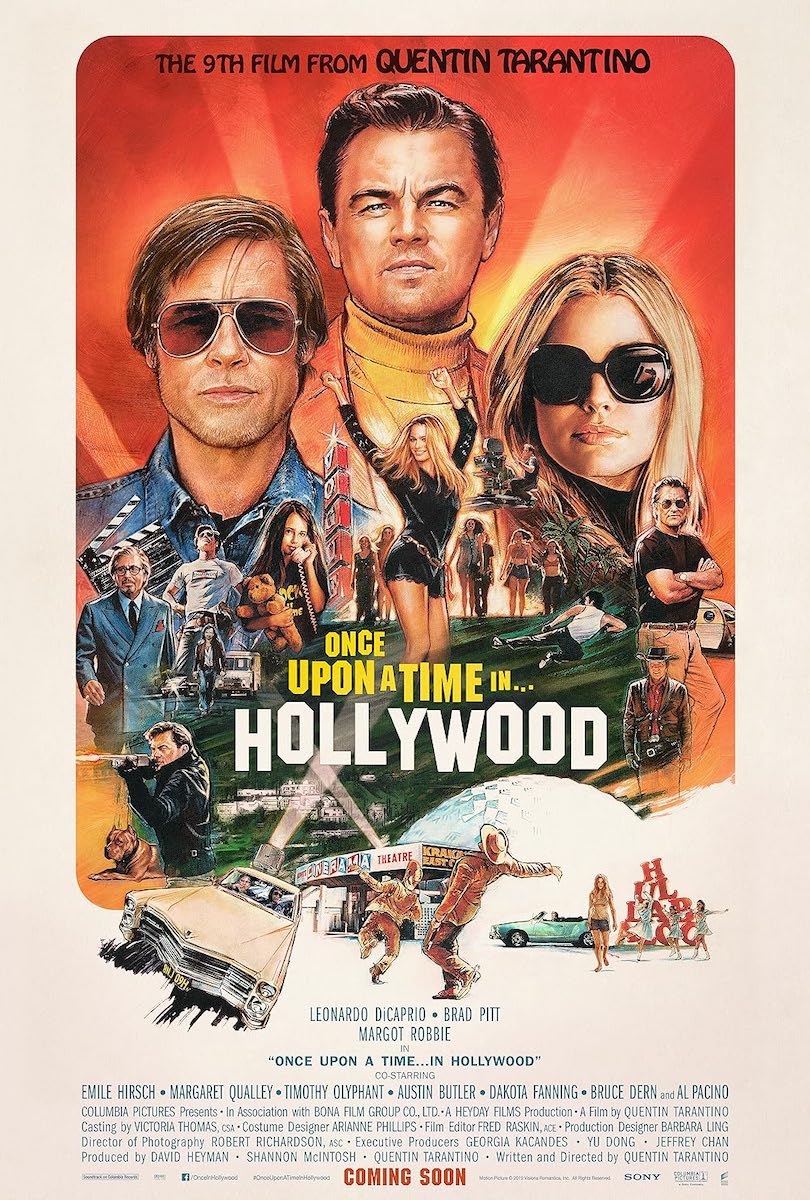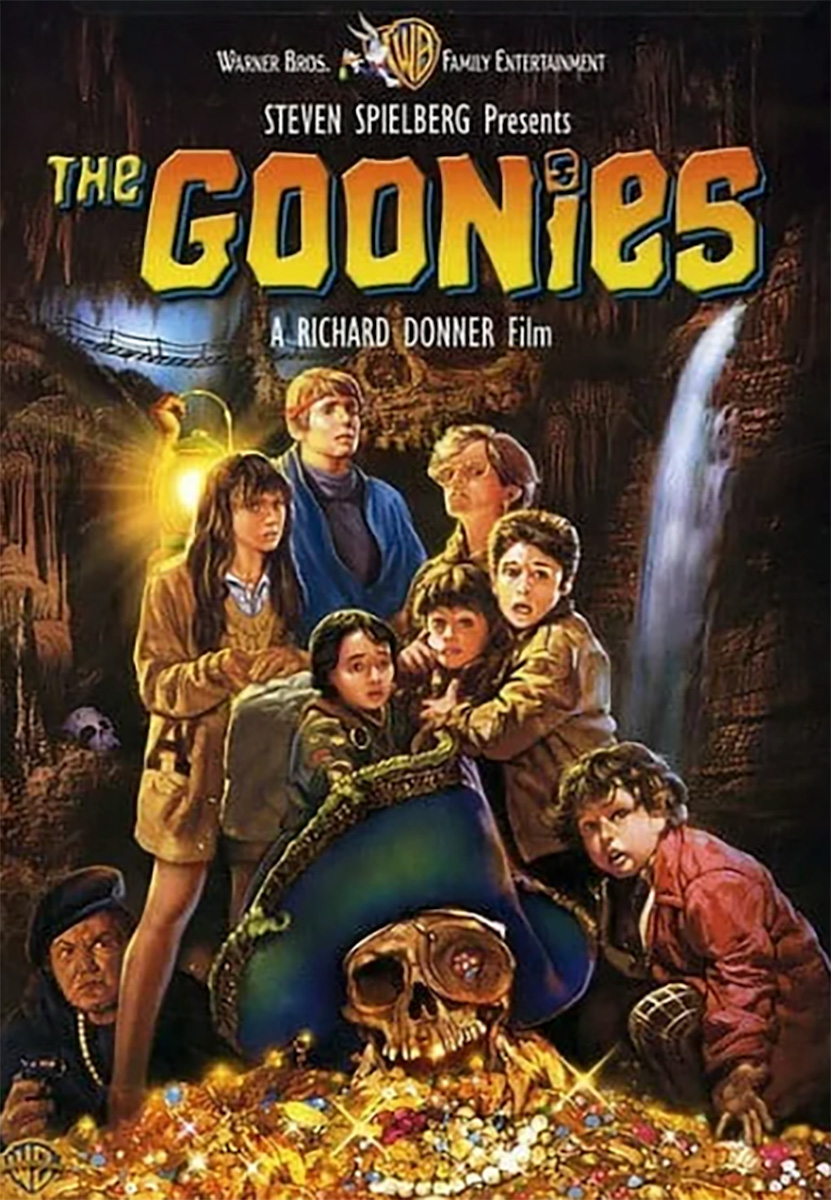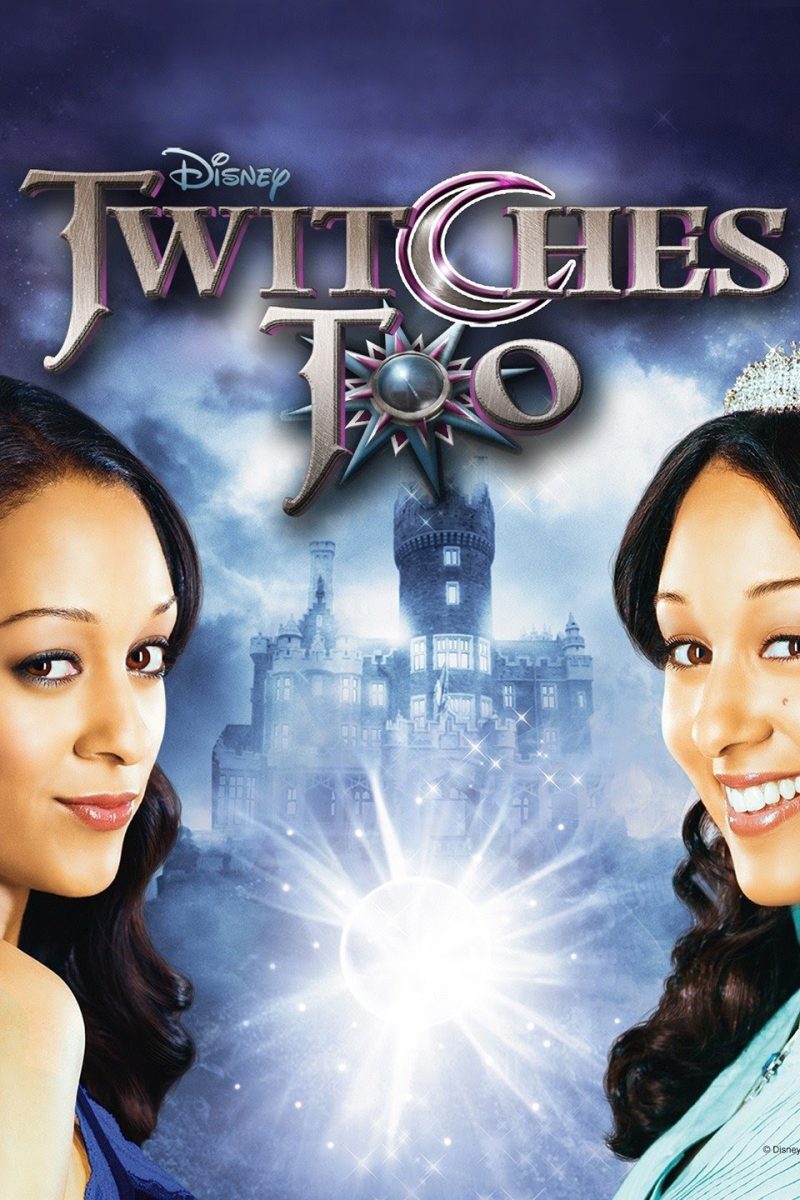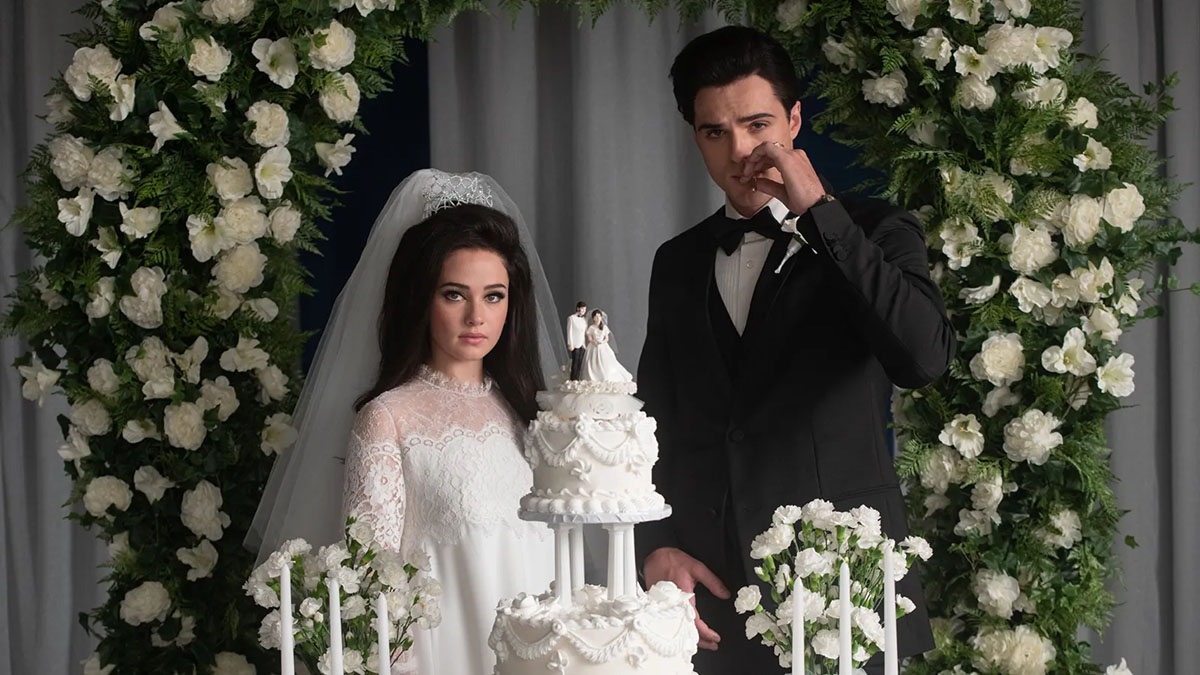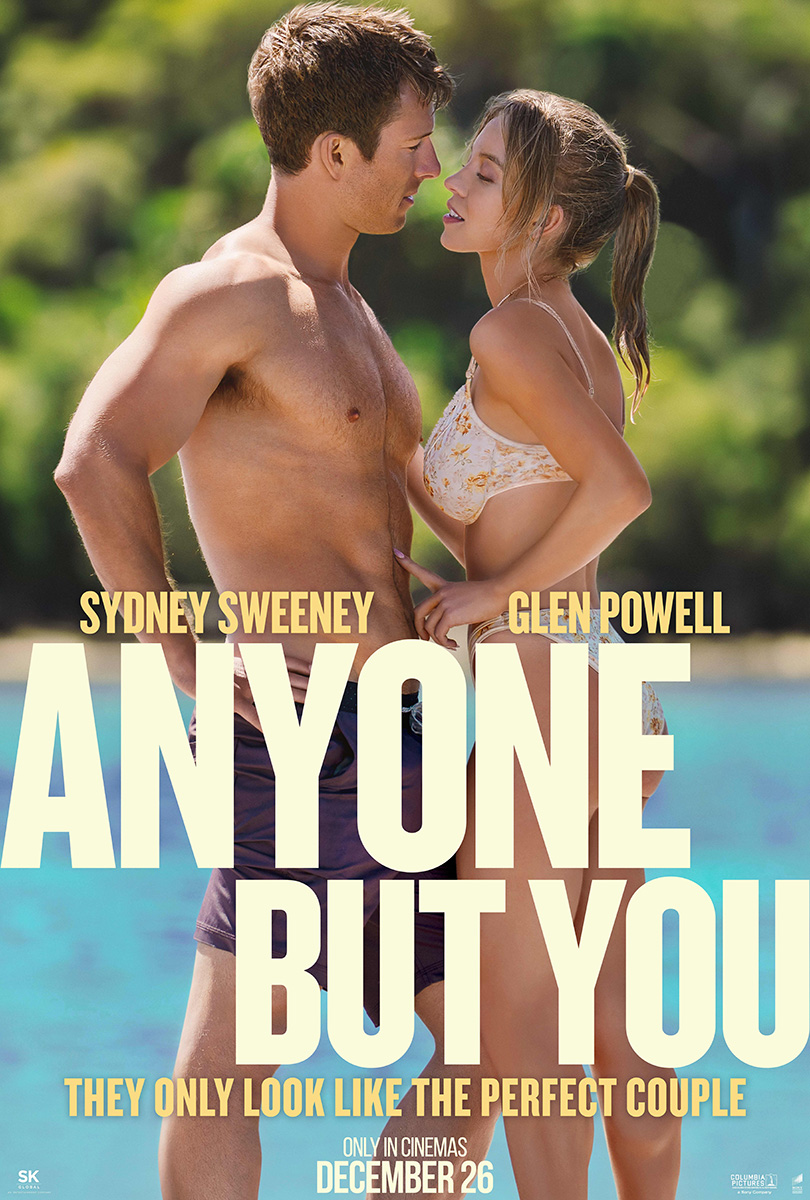A culturally significant setting, with a couple of charismatic all-time great actors and some witty — if not unrealistic — dialogue. Throw in some gratuitous violence and you have the basic formula for a Quentin Tarantino movie.
It’s the successful formula that he’s been following since the early 90s to the tune of two Oscars and the admiration of filmmakers and film enthusiasts everywhere.
It’s also the formula the director followed down to the letter in the movie “Once Upon A Time in Hollywood.”
Set in the 1960s it follows actor Rick Dalton and his stuntman Cliff Booth — played by Leonardo DiCaprio and Brad Pitt respectively — driving around the streets of Hollywood, California, stopping along the way to act in movies and beat up hippies.
It takes full advantage of the Vietnam War-era nostalgia with its music and style choices. It also has more than one appearance from famous people of that time.
We get a brief glance at a portrayal of the late criminal, Charles Manson. I remember being confused by the limited amount he was actually in the movie since a big part of it was sold as this re-telling of the death of Sharon Tate, in which Manson played a pretty big hand.
It didn’t end up being too distracting of an omission, and I don’t know what else he would have done with the character beyond the short cameo given the fact that the movie already runs almost three hours long.
Another appearance, which ended up drawing a decent amount of controversy, was that of Bruce Lee, portrayed by actor and martial artist Mike Moh.
The scene in question did a good job of setting up Booth’s abrasive, yet somehow easygoing personality, but it did so while also portraying the late Lee as a bit egotistical.
It didn’t stick out in my mind as that good or bad, but Lee’s family took umbrage to the portrayal which was understandable.
Margo Robbie’s portrayal of Tate was heartwarming if not a tad bit underwhelming.
She doesn’t have much influence on the plot or characters of the movie and the main reason she’s in the movie is — spoiler alert — so she can survive in the end, all thanks to a macabre display of heroics by Dalton and Booth.
This is satisfying with the knowledge that she is unfortunately murdered in real life, but it’s not the first time Tarantino has leaned on revisionist history to bolster the plot of a movie and I also wouldn’t say it’s his best go at it either, which leads to the crux of my viewpoint on this movie.
It’s definitely a good film, but I wouldn’t put it near the top of his full catalog.
Tarantino simply doesn’t do all the things he’s become known for quite as well as he has in the past. In a way, his track record of making a movie that competes for an Oscar every time he picks up a camera sort of comes back to hurt him.
As far as historical references go, look no further than “Inglorious B——s.” Its writing feels a bit more urgent, and there are several moments of tension in the movie executed much better than similar scenes attempted in “Once Upon A Time in Hollywood.”
Also, it could be because the historical figure he poked fun at is widely recognized as one of the most evil human beings to walk the Earth, but the whiney portrayal of Adolf Hitler and his subsequent assassination at the end of the movie works well with the plot.
It’s definitely more cathartic than the torture Tarantino inflicts upon the young, misled and brainwashed members of the Manson Family in “Once Upon A Time in Hollywood.”
The other part of this argument that needs to be mentioned is how well Tarintino implements his unique style of filmmaking in this movie. He does it well, but again he’s done it so much better in the past.
While it’s not completely fair to so directly compare his past movies to this one, the point remains that back when his unique way of writing dialogue was less understood and more criticized he was still able to make movies that encompassed his themes and ideas perfectly.
Better, I would argue, than “Once Upon A Time in Hollywood” did. Take “Pulp Fiction,” for example.
While its popularity and relative uniqueness made it the target of constant jokes and cultural references, these things only happened because it was so different than other films being made at the time.
It was so singular, so completely separate from anything being made, and it solidified how Tarintino and many other filmmakers would continue to make movies.
So while “Once Upon A Time in Hollywood” still sets Tarantino ahead of the rest of the film landscape, when compared to his own movies it’s barely treading water. I’m still a fan of his movies and I’m not saying he’s lost his touch, but I know he can do better.
Obadiya can be reached at [email protected].

